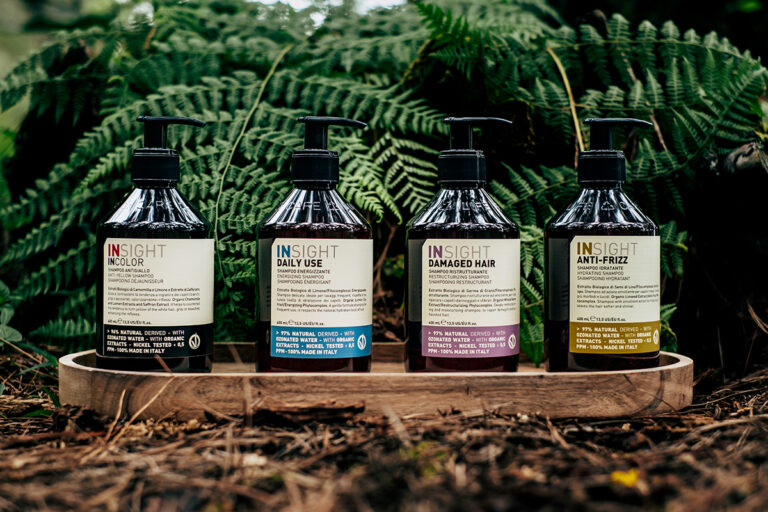Can’t get to sleep? Or nodding off just fine and then waking up in the early hours, unable to get back to the Land of Nod? There could be several reasons why.
Insomnia
What is it?
Do you struggle for hours to get to sleep, no matter how tired you are? Or do you wake up in the middle of the night and lie awake for hours, anxiously watching the clock? You probably have insomnia.
Why is it happening?
In order to properly treat and cure your insomnia, you need to become a sleep detective. Emotional issues such as stress, anxiety and depression cause half of all insomnia cases. But your daytime habits, sleep routine and physical health may also play a role. Certain medications could be to blame, such as antidepressants, cold and flu medications that contain alcohol, pain killers that contain caffeine, diuretics, thyroid and high blood pressure medications. You may also have trouble sleeping if you have asthma, allergies, hyperthyroidism, acid reflux, kidney disease, cancer or any kind of chronic pain. Also, if you’re drinking caffeinated drinks throughout the day or close to bedtime, you might want to knock that off.
What should I do?
• Try keeping a sleep diary for a week or two – some habits are so ingrained that you may overlook them as a possible contributor to your insomnia.
• Noise, light and heat can interfere with sleep, so use earplugs if necessary and dark curtains or an eye mask to block out light.
• Stick to a regular sleep schedule, even on weekends. This will help you get back into a regular sleep rhythm.
• Avoid naps
• Avoid vigorous exercise, TV, computer or video games before bedtime.
• Limit caffeine, alcohol, and nicotine, and avoid them altogether in the evenings.
If you still can’t sleep, consult your GP or a sleep specialist, who will be able to help you establish any medical causes behind your insomnia.
Sleep apnoea
What is it?
It’s a potentially serious sleep disorder in which breathing repeatedly stops and starts. You may have sleep apnoea if you snore loudly and you feel tired even after a full night’s sleep. Symptoms include loud and chronic snoring; choking, snorting or gasping during sleep; long pauses in breathing; daytime sleepiness, no matter how much time you spend in bed. There are two kinds: obstructive sleep apnoea (the most common) and central sleep apnoea.
Why is it happening?
Obstructive sleep apnoea occurs when the soft tissue in the back of your throat relaxes during sleep, blocking your airway (which can cause loud snoring), while central sleep apnoea occurs when the brain fails to signal the muscles that control breathing. People with central sleep apnoea seldom snore.
What should I do?
For home treatment, you may benefit from losing weight (some find that even severe sleep apnoea can be completely cured by losing excess weight). Sleeping on your side may also help, as sleeping on your back makes it more likely for your tongue to obstruct your airway. Elevate the head of your bed by about 20 cm or elevate your body from the waist up by using a foam wedge. Try to keep your nasal passages open at night using a nasal dilator, saline spray or breathing strips.
If your sleep apnoea is moderate to severe, or you’ve tried self-help strategies and lifestyle changes without success, consult a sleep doctor.
Restless leg syndrome
What is it?
A condition in which your legs feel extremely uncomfortable while you’re sitting or lying down. It makes you feel like getting up and moving around.
Why is it happening?
In many cases, there is no known cause for restless legs syndrome (RLS). Scientists suspect the condition may be due to an imbalance of the brain chemical dopamine. This chemical sends messages to control muscle movement. It may also be hereditary.
What should I do?
• Try wearing compression socks or stockings, or wrap your legs in bandages (but not so tight that you cut off circulation). Also, sleeping with a pillow between your legs may help.
• Sleep better by sticking to a regular sleep schedule (fatigue can worsen the symptoms of RLS).
• Exercise. Daily activity can significantly reduce the symptoms of RLS.
• Cut back on caffeine, and avoid alcohol and cigarettes altogether.
• Practise relaxation techniques such as yoga and meditation.
Advanced/delayed sleep phase disorder
What is it?
Advanced sleep phase disorder is a rare condition in which you feel very sleepy and go to bed early in the evening (6–8pm) and wake up very early in the morning (1–3am). It’s the opposite for delayed sleep phase disorder: your sleep pattern is delayed two or more hours from a normal sleep pattern, causing you to go to sleep later and wake up later.
Why is it happening?
It’s in your genes. Forty to fifty percent of sufferers are related to someone with the disorder. Several genes have been discovered to have links with this syndrome and the body’s circadian rhythms. And even though it can be impairing, it’s not necessarily unhealthy – most people don’t seek help unless it starts to severely impact their life.
What should I do?
The disorder can be treated with bright light therapy (exposure to daylight, specific wavelengths of light or very bright, full-spectrum light, usually controlled with various devices) or behaviorally with chronotherapy (when your bedtime and rising time is moved later and later – or earlier and earlier – each day, around the clock, until you’re sleeping on a normal schedule). Consult a sleep specialist if you need help.







10 Responses
This is a very good article to have by your side if you are someone who is suffering with a lack of sleep.
Restless leg syndrome – this occurs when I go to sleep only. Could be caused by the excess caffeine intake. I will reduce my caffeine intake. A very interesting read.
I find that breathing deeply in and out whilst counting the breaths followed by some very simple yoga poses is my cure for a restless night.
This is a very helpful article.
So restless sleep disorder I got, only problem, it’s my arms, not my legs. It’s horrible!
wonderful article.
Ohhh sleep! The older i get the more i appreciate and love a good sleep. Its amazing how sleep can influence my day
I don’t have a cure for my sleepless night….I have kids!
Tried these tips and did not work!
The advanced/delayed sleep phase disorder sound like my sleeping pattern.